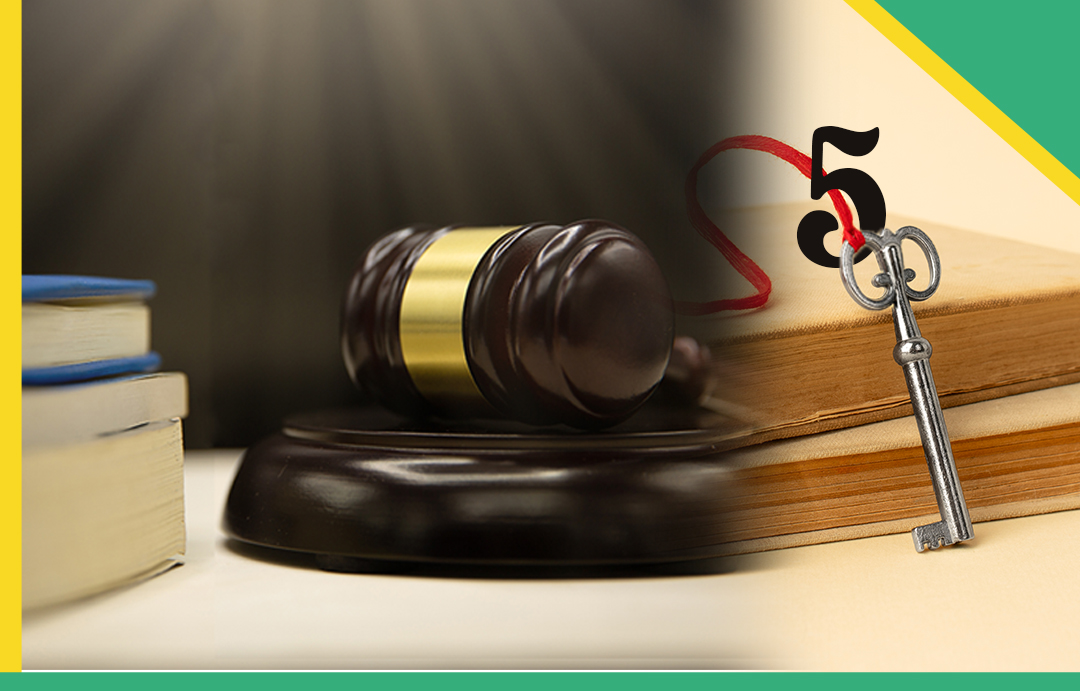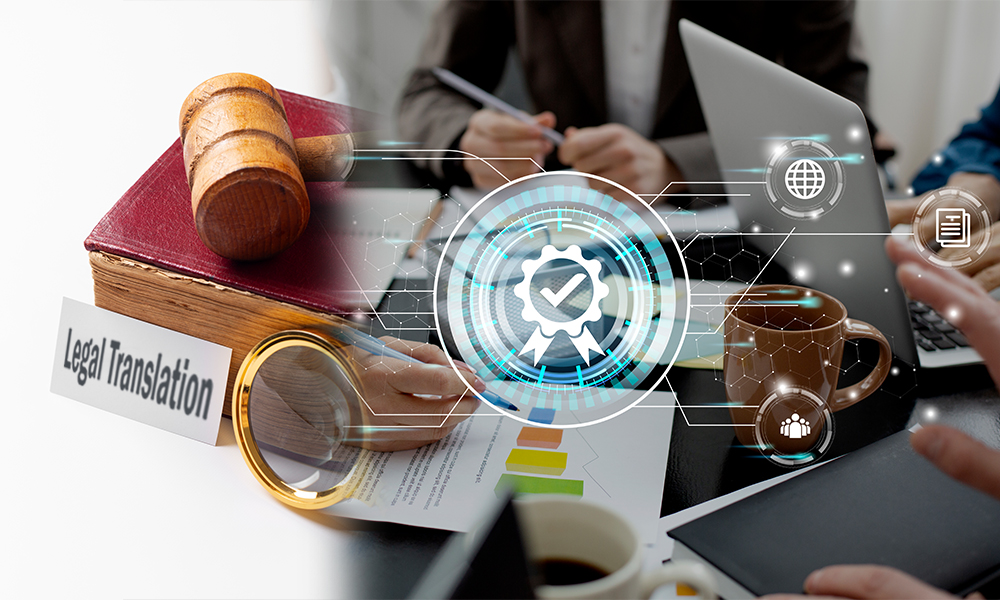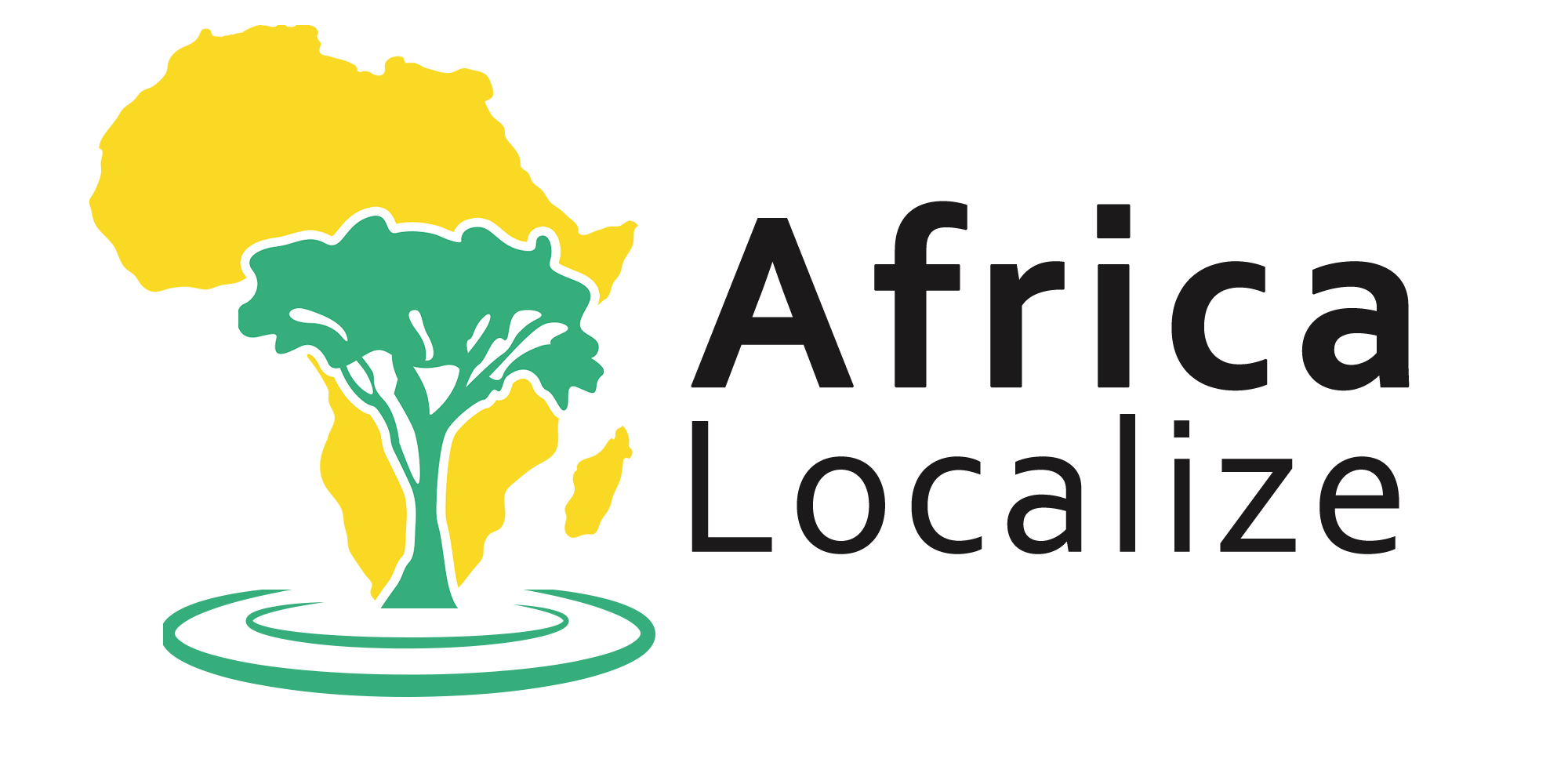5 Key Tips To Translate a Legal Document

As businesses expand internationally and people work and travel cross-border, the need for precise and reliable legal translations is also growing greatly to ensure smooth and guaranteed legal processes.
In this article, we will present five key tips to ensure efficient and accurate legal document translation from structuring and organization to maintaining confidentiality. These tips will help you navigate the intricate process of legal translation and ensure the integrity of your documents.
1] Structuring and organization:
When starting a legal or court document translation project, ensure that the original document is well-structured and organized, and aim to maintain the same structure and style in the translated version.
Organizing documents—whether birth certificates, business contracts, or legal affidavits—into an orderly format, either as physical copies or digital PDFs, will streamline the translation process.
Elements such as signatures might not be translated, and explanatory notes can be added if necessary to account for any differences in formatting.
Make sure that the document is clear and visible, especially if it’s in PDF form, to make it easier for the translator to understand it smoothly and comprehend the legal context, and avoid any misunderstanding that could be reflected in the translation.
2] Seeking professional advice
If necessary, you can seek professional consultation from experts in the legal field, like a lawyer or a legal advisor from the relevant or targeted country, who can provide valuable guidance throughout the translation process.
A legal advisor can offer invaluable insights into both linguistic and legal intricacies, which will support the translation process and maximize its accuracy hand in hand with the linguistic professionals assigned to the task minimize the risk of errors, and ensure the integrity of the translated document.
3] Find your Certified Translation Provider
Whether you require translation for a single document or several ones into any language, it’s crucial to engage a certified translator to ensure the legibility and validity of your documents.
Adhering to government standards is imperative, as accuracy from the outset saves time, and money, and mitigates potential legal disputes.
Official applications often necessitate an officially certified translation when submitting documents issued in a foreign language to various countries or embassies.
So, it’s important to make sure that you are seeking a legal translation service provider that offers certified, notarized, and legalized translations recognized worldwide.
Such certifications that you might need to look for when choosing a translation service provider include ISO certification and membership in professional translation organizations.
Contacting a translation company that is ISO 17100 certified, may guarantee that each legal document translation follows a meticulous procedure of translation, review, and proofreading conducted by proficient legal translators and reviews.

4] Set a proper deadline
Setting deadlines when translating legal documents is really important because legal documents often have strict time limits set by courts or agreements. If these deadlines are missed, it can lead to serious consequences like fines or cases being thrown out.
It is also expected from legal translation companies or even freelance legal translators to complete the translations on time so that their client can meet their deadlines for things like business deals or legal proceedings.
Moreover, some translations are needed urgently for things like court hearings or international transactions, and delays can cause big problems.
Meeting deadlines shows that the translation service is reliable and professional, which helps build trust with clients.
5] Maintain confidentiality
Maintaining confidentiality while translating a legal document is critical, and there are some major steps that can be followed to ensure the confidentiality of your legal documents when choosing your legal service provider.
Basically, look for a reputable legal translation provider with a background and history of maintaining clients’ confidentiality and privacy. A simple background search about the company you are approaching could protect you from many legal issues in case of any leak of sensitive documents.
Make sure that your provider implements a secure translation process that includes encryption, access controls, and audit trails to track who accessed the documents and when.
For an extra layer of security and confidentiality, anonymizing sensitive information in the document before sending it for translation could be a good option that can help reduce the risk of data breaches.
Furthermore, signing a Non-Disclosure Agreement (NDA) with your provider is one of the most common instruments for ensuring the confidentiality of such information. Also, you can consider including a confidentiality clause in the contract with the translation service provider, specifying their obligations to maintain the confidentiality of the documents.
Conclusion:
Accurate and reliable legal document translation is essential for seamless cross-border operations and effective communication in legal matters. By following the five key tips outlined in this article, you can ensure that your legal documents are translated with precision, adhere to regulatory standards, meet deadlines, and safeguard sensitive information.
In Africa Localize, we use legal document translation strategies to ensure efficient and accurate document translation. That will make you confidently navigate international transactions, legal proceedings, and business deals while maintaining the trust and integrity of your documents.
